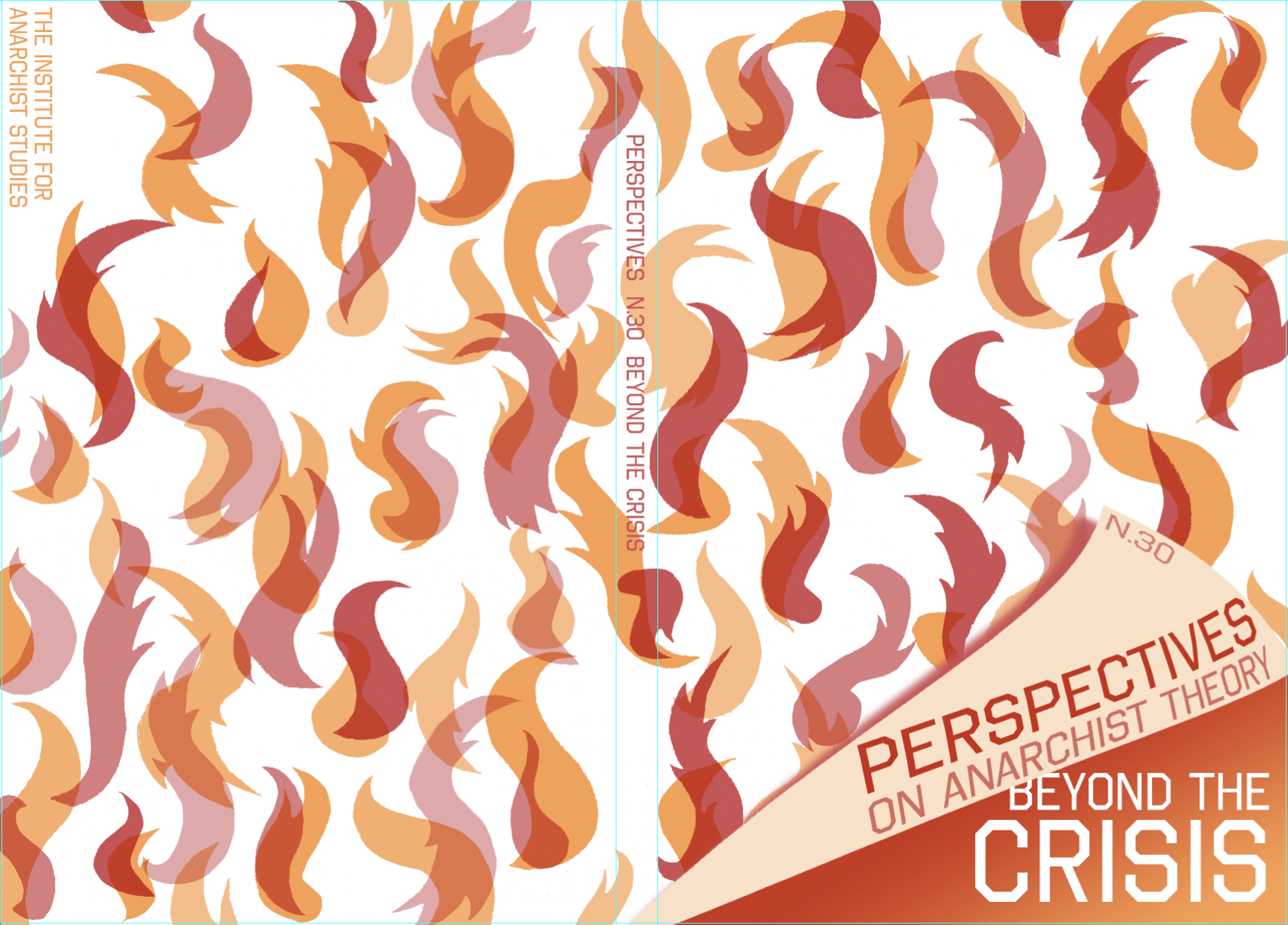Rapid policy changes, funding shifts and cuts, spikes in hate crimes, inflammatory rhetoric, corrupt democratic processes, and international etiquette blunders characterize the current political situation in the United States. Since the new regime assumed power, the immediate dangers to people of color, immigrants, queer folks, and the poor have escalated. We respond with the urgency of firefighters, racing from hot spot to hot spot, putting out flames where they threaten to consume our communities. We remain on constant high alert to respond to the next hate crime, the next anti-immigrant raid, the next attack on the planet.

In these moments of urgency, it can feel as if we will never be able to do enough—as if our long-term campaigns are too slow to develop, our reach too short. How do we respond? Does this cycle require us to drop everything in order to react? Must we abandon our own more proactive, visionary agendas, our long-term strategic thinking, our imagining and pre-figuring of alternatives to the existing society? Let us remember that none of this appeared just this year, out of nowhere. Capitalism, war, racism, fascism, xenophobia, misogyny, and other forces of oppression have long been shaping the terrain in which we fight. If we neglect our own aspirations, then we’ve already lost.
Beyond the Crisis
The world is on fire. It has been, for quite some time. If you’ve done any organizing, you’ve felt it—that sense of racing about, extinguishing this flare up or that, spending precious energy and resources surviving the immediate emergency and hoping the future will somehow … Read more

